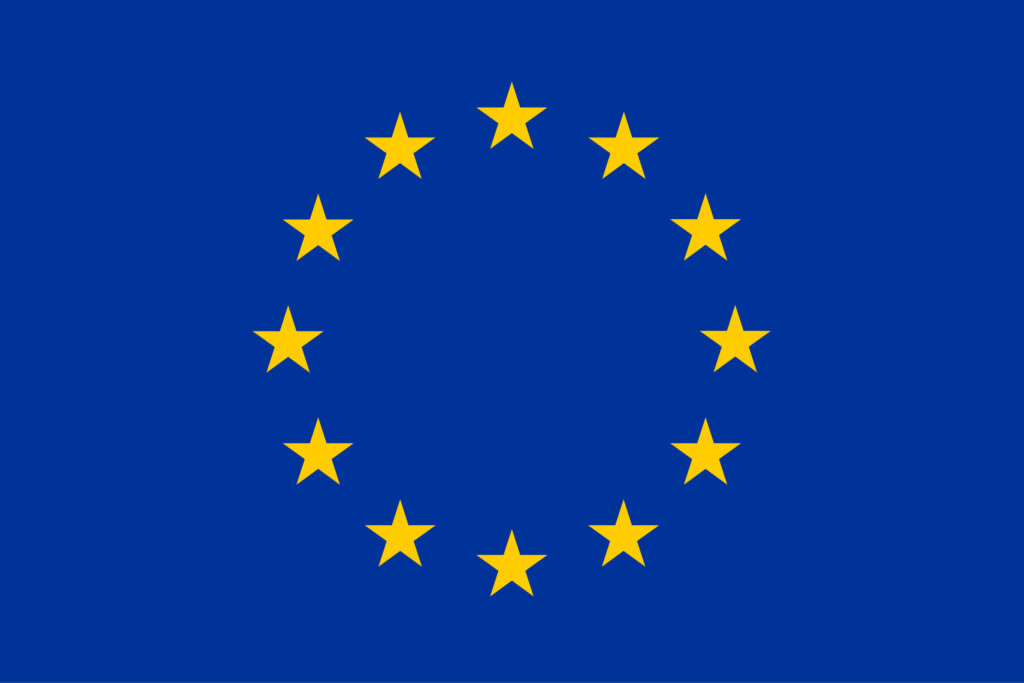
Integrating Risk Perception and Action to enhance Civil Protection-Citizen interaction, (RiskPACC) is a three-year project that focuses on increasing disaster resilience throughout society by closing the ‘risk perception action gap’ (RPAG). The risk perception action gap can be understood as the mismatch between how risk is perceived and acted upon, and its actual occurrence. Notably, perceptions of risk and risk management actions taken by civil protection agencies and the public have been shown to be often misaligned.
Context
Increasingly complex and interconnected risks globally highlight the need to enhance individual and collective disaster resilience. Awareness of risks and levels of preparedness across Europe remain low with gaps between the risk perceptions and actions of citizens, and between the risk perceptions of citizens and civil protection authorities (CPAs). The RiskPACC project seeks to further understand and close this risk perception action gap.
Through its dedicated co-creation approach and its seven case studies, the RiskPACC project will facilitate interaction between citizens and civil protection authorities to jointly identify their needs and develop potential procedural and technical solutions to build enhanced disaster resilience.
Importantly, the RiskPACC project will set the basis for an understanding of disaster resilience from the perspective of citizens and ivil protection authorities, identifying resilience building initiatives and good practices led by both citizens (bottom-up) and civil protection authorities (top-down). The “Risk Pack” of solutions will include a framework and methodology to understand and close the risk perception action gap, a repository of international best practices and tools based on new forms of digital and community-centered data and associated training guidance.
Objectives
In order to bridge the risk perception action gap, the project has set three main objectives:
- Increase understanding of the risk perception action gap and vulnerabilities in Europe in order to reduce disaster risk and increase resilience;
- Develop technical and methodological solutions that improve efficient communication between civil protection authorities (CPAs) and citizens;
- Integrate new forms of citizen-generated data to conventional approaches, in order to design better practices and responses.
Consortium
The RiskPACC project gathers 20 organisations from 10 European countries and is coordinated by Fraunhofer INT (Germany). The consortium includes:
- Fraunhofer Institute for Technological Trend Analysis
- Trilateral Research Ltd – TRI
- Institute of Communication and Computer Systems – ICCS
- The University of Warwick – UoW
- Center for Security Studies – KEMEA
- European Organisation for Security – EOS
- European Forum for Urban Security – Efus
- Czech Association of the Fire Officers – CAFO
- University of Stuttgart – USTUTT
- National Crisis Centre (NCCN) Federal Public Service Home Affairs / Interior – IBZ
- University of Twente
- Municipality of Eilat
- Magen David Adom in Israel – MDA
- University College London Institute for Risk and Disaster Reduction (IRDR) – UCL
- Crowdsense BV
- STAM SRL – STAM
- I.S.A.R. Germany Stiftung
- Lancashire Constabulary
- Municipality of Rafina-Pikermi
- Municipality of Padova
Activities
The RiskPACC project activities includes, among others, the following activities:
- The undertaking of office-based research to gain insights on levels of risk-perception and vulnerability across Europe;
- The development of a methodology that facilitates a structured dialogue between civil protection authorities and citizens to discuss aspects of vulnerability and risk perception;
- To foster and enhance the co-creation and co-production between citizens and civil protection authorities;
- The implementation of 7 case studies focused on wildfires, floods, earthquakes, Chemical, Biological, Radiological and Natural risks (CBRN), terrorism, health pandemics and multi-hazard events will jointly design and prototype innovative solutions across all risk management/disaster resilience phases. They will include interview-based baseline assessments and semi-quantitative evaluation activities using quantitative mechanisms that will highlight the diversity in risk perception and vulnerabilities across Europe. The case studies will advance current knowledge of disaster resilience through the baseline and needs assessments and evaluation activities that will seek to understand how different contexts and vulnerabilities influence disaster resilience.
The role of Efus
Efus will lead the activities related to widening the impact of the RiskPACC project’s solutions to other cities. In order to do that, Efus will validate project findings through an external perspective by facilitating the exchange of the case studies and cities outside of the consortium through assessments and recommendations. A pool of five cities, coordinated by Efus, will participate in some of the activities in order to share practices and define recommendations. The pool of five cities will contribute to test the “Risk Pack” solutions and tools to improve the handbook on risk management
Duration
September 2021 – August 2024
Contacts
Bamba Niang, Programme Manager – niang@urbansecurity.org
Yves Van de Vloet – Associate Expert – vandevloet@urbansecurity.org
The project website

This project has received funding from the European Union’s Horizon 2020 research and innovation programme under grant agreement No 101019707.
